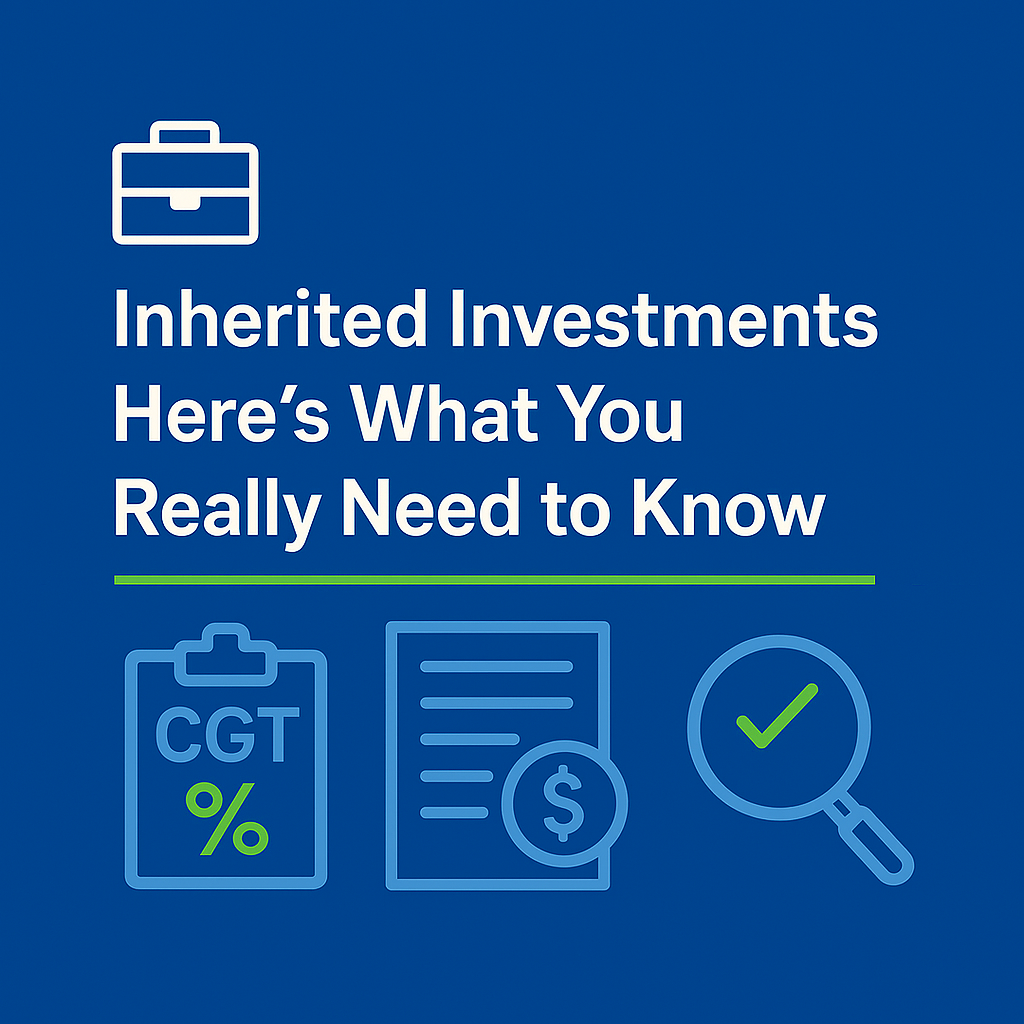SMSFs and property development
The ATO has issued a new Taxpayer Alert around SMSFs engaging in property developments. Developments can be very lucrative given how much property prices have appreciated in Australia over the past decade or two.
For background, while it is permissible for SMSFs to engage in property development, it is subject to a number of stringent conditions.
The first hurdle is the “sole purpose test”. Section 62 of the SIS Act is unambiguous: superannuation funds, including an SMSF, must be run for the sole purpose of providing retirement income, with limited permissible “ancillary purposes” such as death and permanent disability. When you are undertaking property development you are also undertaking a commercial activity and effectively carrying on a business (if you are doing it all yourself).
If you are outsourcing the project development and merely funding it through the SMSF, then many of the problems disappear, you are not running a business, and if the property developers are unrelated, then you do not have any of the related party payment issues. In this case, it is usually safe to continue.
While carrying on a business need not be a breach of the sole purpose test (though it may be if not done properly) such a venture is likely to come under ATO scrutiny and scrutiny from your SMSF auditor.
The problem with carrying on a business are several. First, it is generally to generate income today, not for retirement. If all of that income is going to the fund, this is not a problem. However, if some of that income is going to a related party then there is a problem!
There is also the issue that the trust deed and investment strategy must specifically permit this type of investment.
Your fund’s investment strategy must also need to be updated to allow for this type of investment. When reviewing the investment strategy, it requires more than just allowing for a property investment. The risk profile will also need to be reviewed. Also, it must be in the interest of all members, and all members must agree to it. This must all be addressed in the investment strategy.
With that in mind, the ATO has just issued Taxpayer Alert TA 2023/2: Diverting profits of a property development project to a self-managed superannuation fund, through use of a special purpose vehicle, involving non-arm's length arrangements.
The Alert states that the ATO is reviewing arrangements under which:
- one or more self-managed super funds (SMSFs) have, or acquire, direct or indirect ownership of a special purpose vehicle (SPV) that undertakes a property development project, and
- because of the non-arm's length arrangements between the SPV and other entities, the SPV derives a profit that ultimately benefits the SMSFs which is more than what it would have been if all the parties had dealt with each other at arm's length.
The ATO will consider whether such dividends and other income received by the SMSFs are non-arm's length income (NALI) and the application of the regulatory requirements in the Superannuation Industry (Supervision) Act 1993 (SISA) and other relevant law in respect of these arrangements.
Members of or advisers to an SMSF that is looking to participate in a property development are urged to refer to the SMSF Regulator's Bulletin Self-managed superannuation funds and property development on how SMSF trustees can ensure they meet their income tax and regulatory obligations when participating in property development activities.
Contact us if you have any questions around SMSF property development.











